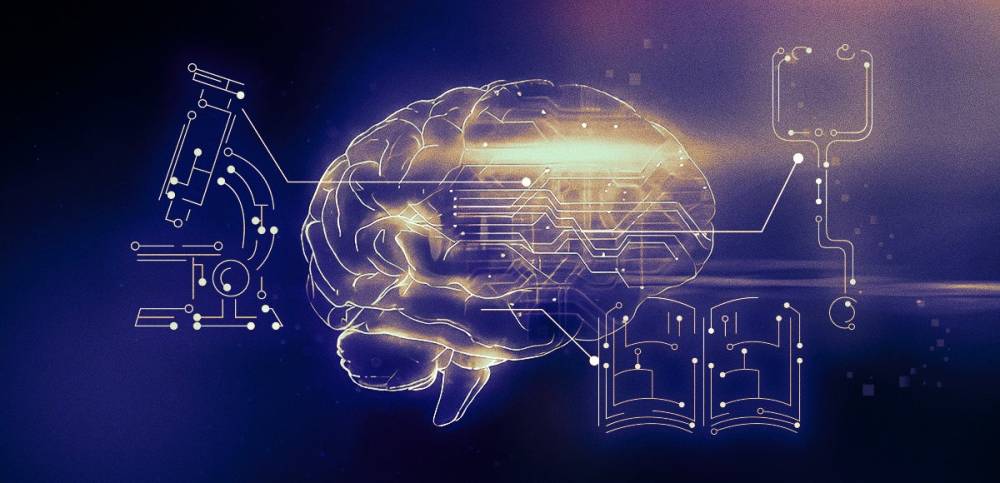

Artificial Intelligence: A boon or a curse !
Artificial Intelligence (AI) has emerged as a transformative force, revolutionizing industries and reshaping the way we live and work. With its ability to mimic human intelligence and perform tasks with unprecedented efficiency, AI is driving innovation, automation, and decision-making across various domains. In this blog, we will delve into the world of AI, exploring its fundamental concepts, real-world applications, and the implications it holds for the future.
The question of whether AI is a boon or a curse is a complex and debated topic. Like any powerful technology, AI can have both positive and negative impacts depending on its development, deployment, and ethical considerations. Here are some points to consider:
Boon:
Automation and Efficiency: AI can automate mundane and repetitive tasks, freeing up human resources for more creative and complex endeavors. It has the potential to enhance productivity, reduce human error, and streamline processes across various industries.
Healthcare Advancements: AI has the potential to revolutionize healthcare by assisting in disease diagnosis, drug discovery, and personalized treatment plans. It can analyze vast amounts of medical data, leading to faster and more accurate diagnoses and improved patient outcomes.
Scientific Breakthroughs: AI can accelerate scientific research and discovery by analyzing vast amounts of data, identifying patterns, and making predictions. It has the potential to aid in solving complex problems, such as climate change, genetics, and space exploration.
Personalization and User Experience: AI-powered technologies, such as recommendation systems and virtual assistants, can enhance user experiences by providing personalized recommendations, tailored content, and intelligent interactions.
Curse:
Job Displacement: The automation capabilities of AI can lead to job displacement and disruptions in the workforce. Certain tasks and roles may become obsolete, requiring individuals to reskill or adapt to new job requirements.
Bias and Discrimination: AI algorithms are trained on existing data, which can introduce biases and reinforce societal prejudices. If not carefully addressed, AI systems can perpetuate discrimination in areas such as hiring, lending, and criminal justice.
Privacy and Security Concerns: AI systems often rely on vast amounts of personal data, raising concerns about privacy and security. The misuse or unauthorized access to sensitive data can lead to breaches of privacy and potential risks to individuals and organizations.
Ethical Considerations: AI raises ethical dilemmas related to decision-making, accountability, and transparency. As AI systems become more autonomous, questions arise about the responsibility and ethical frameworks governing their actions.
Conclusion:
AI has the potential to bring numerous benefits, but it also presents challenges and risks that need to be addressed. Striking a balance between innovation, ethical considerations, and responsible deployment of AI is crucial. By implementing regulations, ensuring transparency, promoting diversity in AI development, and fostering public dialogue, we can harness the positive aspects of AI while mitigating its potential negative consequences. Ultimately, it is our collective responsibility to shape the direction of AI development and ensure its alignment with societal values and well-being.


